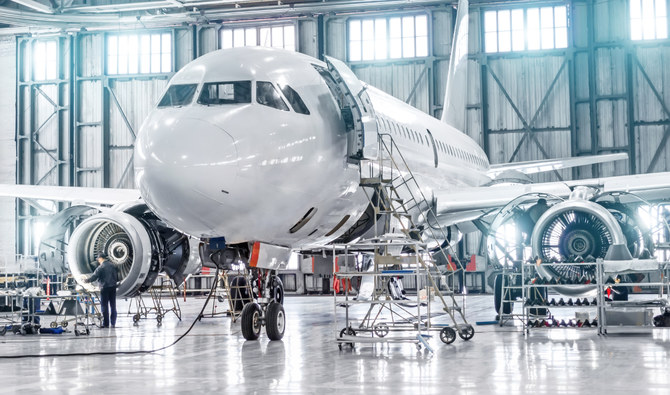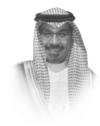Aerospace is the next frontier for Saudi youth

https://arab.news/ne9p7
With the Kingdom currently going through the rigorous implementation phase of its Vision 2030, there remains a vested interest in carving new paths for the next generation to ultimately succeed in reaching their goals and ambitions.
The aerospace sector succeeded in this regard, as many global companies have converged on the government’s vision and partnered with major universities to introduce initiatives outside of their set curricula.
Boeing continues to demonstrate this interest against the backdrop of its well-established relationship with Saudi Arabia which goes back for more than 76 years.
The company supports the Kingdom’s goals to diversify its economy into the industrial sector. It also believes that the future of the sector relies heavily on empowering the next generation of talent as they engage in activities designed to enhance the technological progression of the country through advancements in science.
The world is witnessing an increased interest in STEM education among the younger generation — academic disciplines combining science, technology, engineering, and mathematics — leading to a potential interest in engineering among students who are applying to universities in the Kingdom.
The fact of the matter remains that there is still room for improvement, and here is where the aerospace sector can align to ensure these interests are converted seamlessly into tangible career prospects.
Within the scope of facilitating this long-term conversion, Boeing has partnered with industry leaders in academia to drive youth participation in STEM and engineering, including the aerospace sector, in particular with King Abdullah University of Science and Technology which Boeing has been working for the last 10 years to boost local and international industrial collaboration through robust research and development programs.
The programs are knowledge-based and go hand-in-hand with the theoretical base which students are studying within their curriculums. The ultimate goal of these programs would be to boost collaborative research on next-generation aerospace technologies where students can apply their knowledge in a more practice-based setting.
The Boeing Research and Technology office at the university creates a space for research experts to interact and advise professors and students first-hand through the usage of next-generation aerospace technologies.
Alfaisal University also partnered with Boeing on similar projects, whereby engineering students showcased their skills by inventing technologically advanced models for various industries, based on the acquired skills learned from research methods in the aerospace sector.
Other projects included the design and invention of an efficient and reliable solar-powered vehicle capable of competing in international competitions. This project, now in its completion stage, continues to develop the skills of students in research, simulation, experimental design and prototyping, and also teamwork.
Several new initiatives ought to be put in place to upskill the talent of the future, since they are the generation that are contributing toward the success, technological advancement and, ultimately, a prosperous Kingdom.
- Ahmed Jazzar is president of Boeing, Saudi Arabia.










































